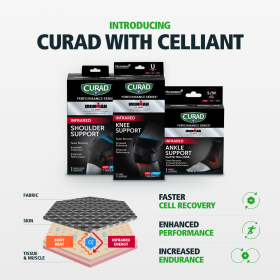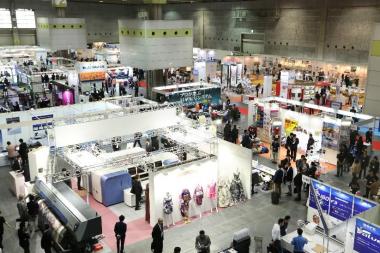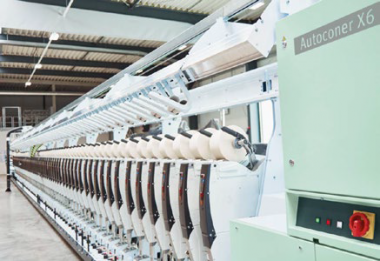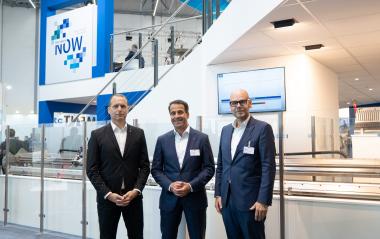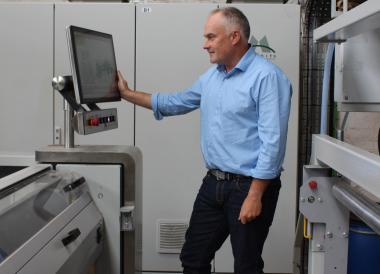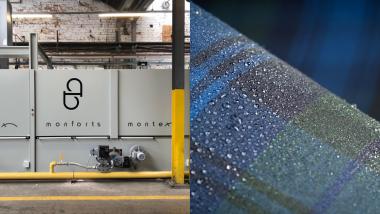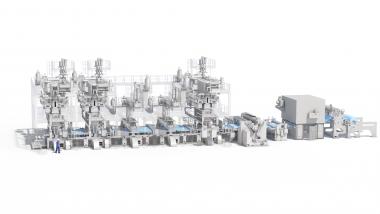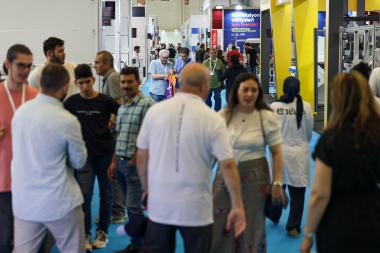CJ Biomaterials and NatureWorks: Joint commercialization of novel biopolymer solutions
- Future plans for the nonwovens market
The two companies will develop sustainable materials solutions based on CJ Biomaterials’ PHACT™ PHA and NatureWorks’ Ingeo™ PLA technologies NTR and CJ Biomaterials
CJ Biomaterials, Inc., a division of South Korea-based CJ CheilJedang and leading producer of polyhydroxyalkanoate (PHA), and NatureWorks, an advanced materials company that is the world’s leading producer of polylactic acid (PLA), have signed a Master Collaboration Agreement (MCA) that calls for the two organizations to collaborate on the development of sustainable materials solutions based on CJ Biomaterials’ PHACT™ Biodegradable Polymers and NatureWorks’ Ingeo™ biopolymers. The companies will develop high-performance biopolymer solutions that will replace fossil-fuel based plastics in applications ranging from compostable food packaging and food serviceware to personal care, films, and other end products.
The initial focus of this joint agreement will be to develop biobased solutions that create new performance attributes for compostable rigid and flexible food packaging and food serviceware. The new solutions developed will also aim to speed up biodegradation to introduce more “after-use” options consistent with a circular economy model. The focus on compostable food packaging and serviceware will create more solutions for keeping methane-generating food scraps out of landfills, which are the third largest source of methane emissions globally, according to World Bank. Using compostable food packaging and serviceware, we can divert more food scraps to composting where they become part of a nutrient-rich, soil amendment that improves soil health through increased biodiversity and sequestered carbon content.
CJ Biomaterials and NatureWorks plan to expand their relationship beyond cooperative product development for packaging to create new applications in the films and nonwoven markets. For these additional applications, the two companies will enter into strategic supply agreements to support development efforts.
NatureWorks






